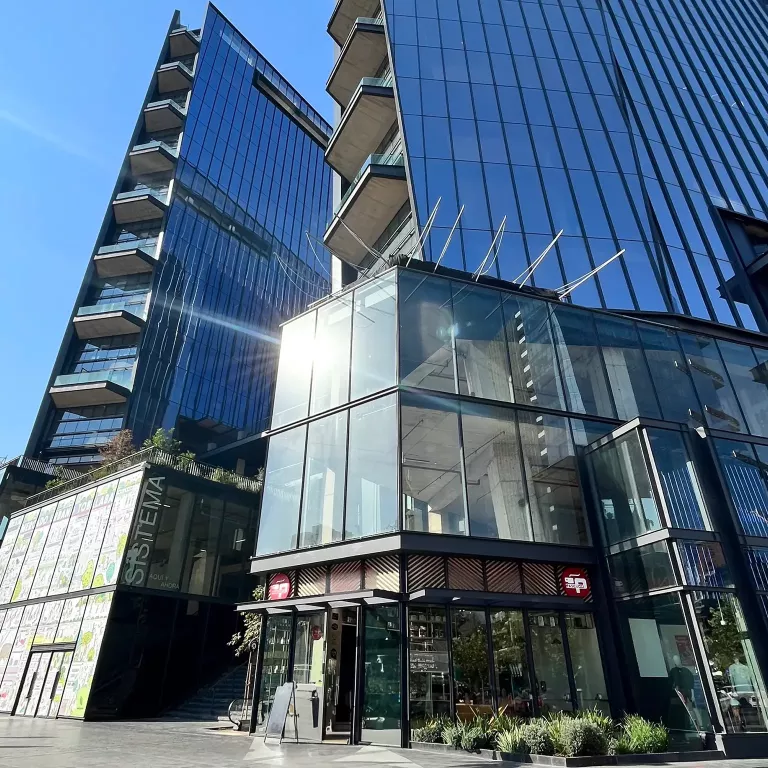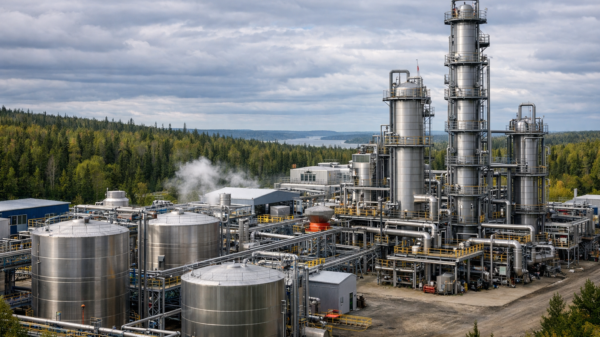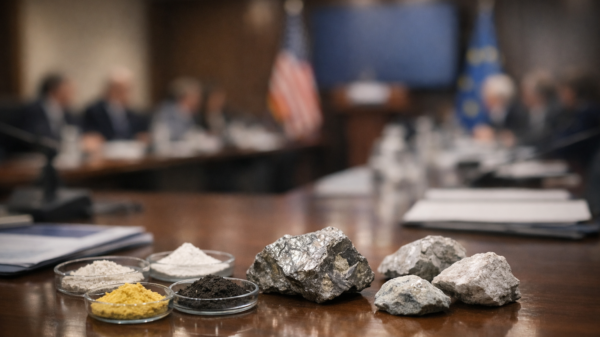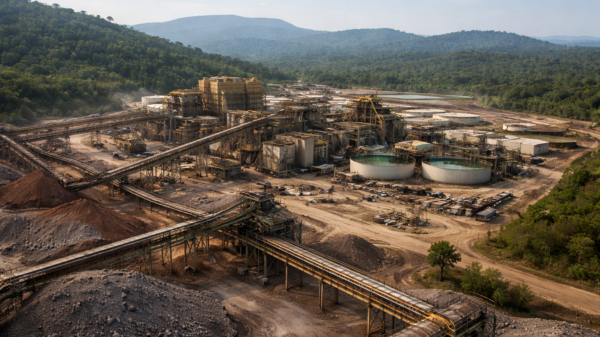Lithium giant Albemarle Corporation (NYSE: ALB) won’t be building a lithium refinery plant in the United States anytime soon.
The company said on Thursday that the math didn’t make sense to construct and develop a lithium refinery plant given the ongoing global glut of the battery metal, which has produced a downward drag on market prices.
A sluggish market has left the US without a major lithium processing site—despite the metal’s critical role in the energy transition. This shortfall hinders efforts by President Donald Trump and other Washington officials to strengthen the country’s mineral supply chain and reduce dependence on China.
The US processes only small quantities of lithium and operates just one mine, located in Nevada and owned by Albemarle. Furthermore, Albemarle paused plans last year to build a USD$1.3 billion processing plant in South Carolina. The decision was partly driven by oversupply from Chinese competitors.
Additionally, this limited infrastructure puts the US at a disadvantage as global demand for lithium continues to grow. Benchmark Mineral Intelligence has tracked a 74 per cent drop in its lithium price index over the past two years.
Albemarle CEO Kent Masters said the company wants a Western supply chain but can’t justify the South Carolina project.
“We don’t have the confidence to say where (the lithium price) is or where it’s going, which is why we’ve kind of gone to the strategy we have of making sure that we can compete at the bottom of the cycle,” Masters said.
The company may resume its South Carolina project if lithium prices rise, though the company didn’t disclose a target price.
Read more: Environment nonprofits go after Hell’s Kitchen Lithium Project in Salton Sea
Read more: Lithium Americas pulls in $250M in third party funding for Thacker Pass in Nevada
Other lithium producers choose widely different courses in glut
While Rio Tinto and other competitors have been acquiring lithium assets during the downturn, Albemarle has not found a target. CEO Kent Masters explained the company lacks the financial flexibility for major M&A activity at current prices.
“If prices were higher, we might pursue more acquisitions,” he said. “We’d act differently if top-tier resources appeared.”
Furthermore, Albemarle has remained focused on its operations in Chile’s Salar de Atacama.
Additionally, the company considered bidding on other salars but ultimately found them unappealing, according to Masters.
The supply glut has produced different avenues for different companies.
For example, Rio Tinto Group (NYSE: RIO) and Chilean-based Sociedad Quimica Y Minera de Chile (SQM) (NYSE: SQM) have adopted contrasting strategies to navigate the market downturn.
In March 2025, Rio Tinto finalized its USD$6.7 billion acquisition of Arcadium Lithium, paying $5.85 per share in an all-cash deal. This transaction elevated Rio Tinto to the position of the world’s third-largest lithium producer.
Arcadium Lithium, established in January 2024 through the merger of Livent and Allkem, brought to Rio Tinto a diversified portfolio of lithium assets across Argentina, Australia, Canada, and the United States.
In contrast, SQM has continued to expand its operations, betting on long-term demand recovery. The company is increasing its lithium carbonate production capacity in Chile from 210,000 to 300,000 metric tons per year. It is also investing in international projects, including the Mount Holland lithium project in Australia and a Chinese refining facility.
.













